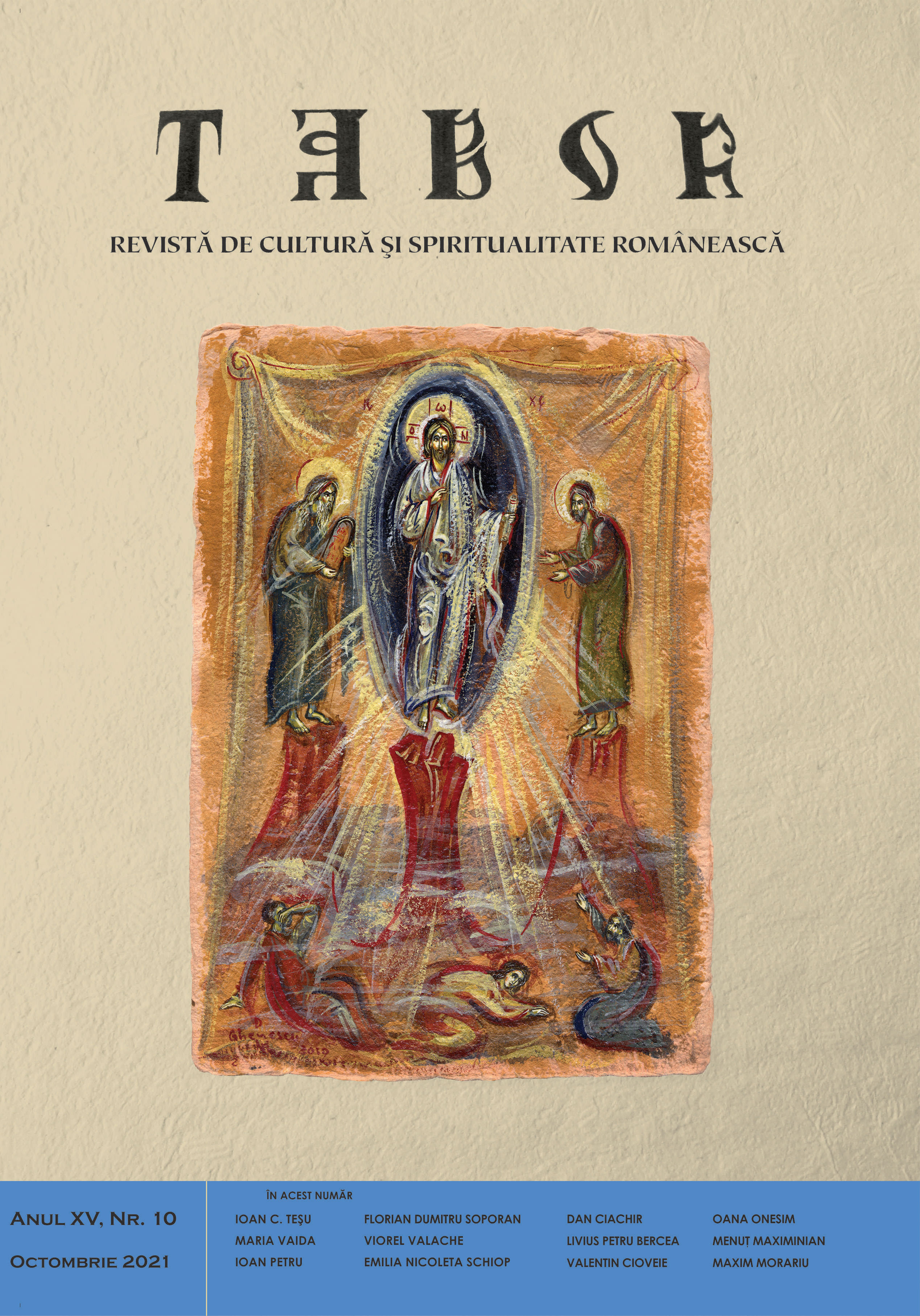Marea Schismă din 1054: recurs la etică sau act de politică ecleziastică
The Great Schism of 1054: recourse to ethics or an act of ecclesiastical policy
Author(s): Florian Dumitru SoporanSubject(s): History of Church(es), 6th to 12th Centuries
Published by: Renaşterea Cluj
Keywords: Great Schism; Byzantine world; Latin West; ecclesiastical institutions; synodal debates;
Summary/Abstract: The escalation of doctrinal controversies between the Holy See and the Ecumenical Patriarchate of Constantinople, which led to the mutual excommunication of the spiritual leaders of the Christian world and to the institutionalization of the Great Schism of 1054, produced many consequences for the development of medieval, modern and contemporary civilization, beyond the limits of the history of interfaith relations or medieval political factology. The symbolic dimension of this separation between the two surviving entities of the classical world that disputed their Orbis Romanus succession formalized the separation between West and East, in the sense of the diffusion of the medieval cultural and ethical paradigm. Historical writing continues to identify the sources of this spiritual crisis in a variety of circumstances, from the personal choices of the protagonists to the vulnerabilities of the medieval worldly structures or the inability to moderate liturgical controversies in a manner similar to the means of the generation that had ensured the success of the Christian mission at the end of the first millennium. A deeper analysis, starting from the premises of some social and spiritual mutations that the Byzantine world and the Latin West experienced in the 11th century, demonstrates the existence of a direct relationship between the irreversible character of Schism and the deepening of Christian values in the medieval society, under the auspices of ecclesiastical institutions that strived to adapt to the demands of a society interested in deepening the Christian message, but which would in turn face the constant challenge of the medieval paradigm, being tempted by the precedent of classical unity, fortified by the evangelical ideal and the reality of the ethnic and jurisdictional pluralism with which this moment of the genesis of European nations was identified. The need to manage this first moment of internal consolidation of the Christian world generated the need for more legitimacy, and the diarchic character of the apostolic authority was the premise of the competition that turned a series of controversies of the synodal debates into essential components of the specific identity of Christian communities.
Journal: TABOR. Revistă de cultură şi spiritualitate românească
- Issue Year: XV/2021
- Issue No: 10
- Page Range: 32-43
- Page Count: 12
- Language: Romanian
- Content File-PDF

